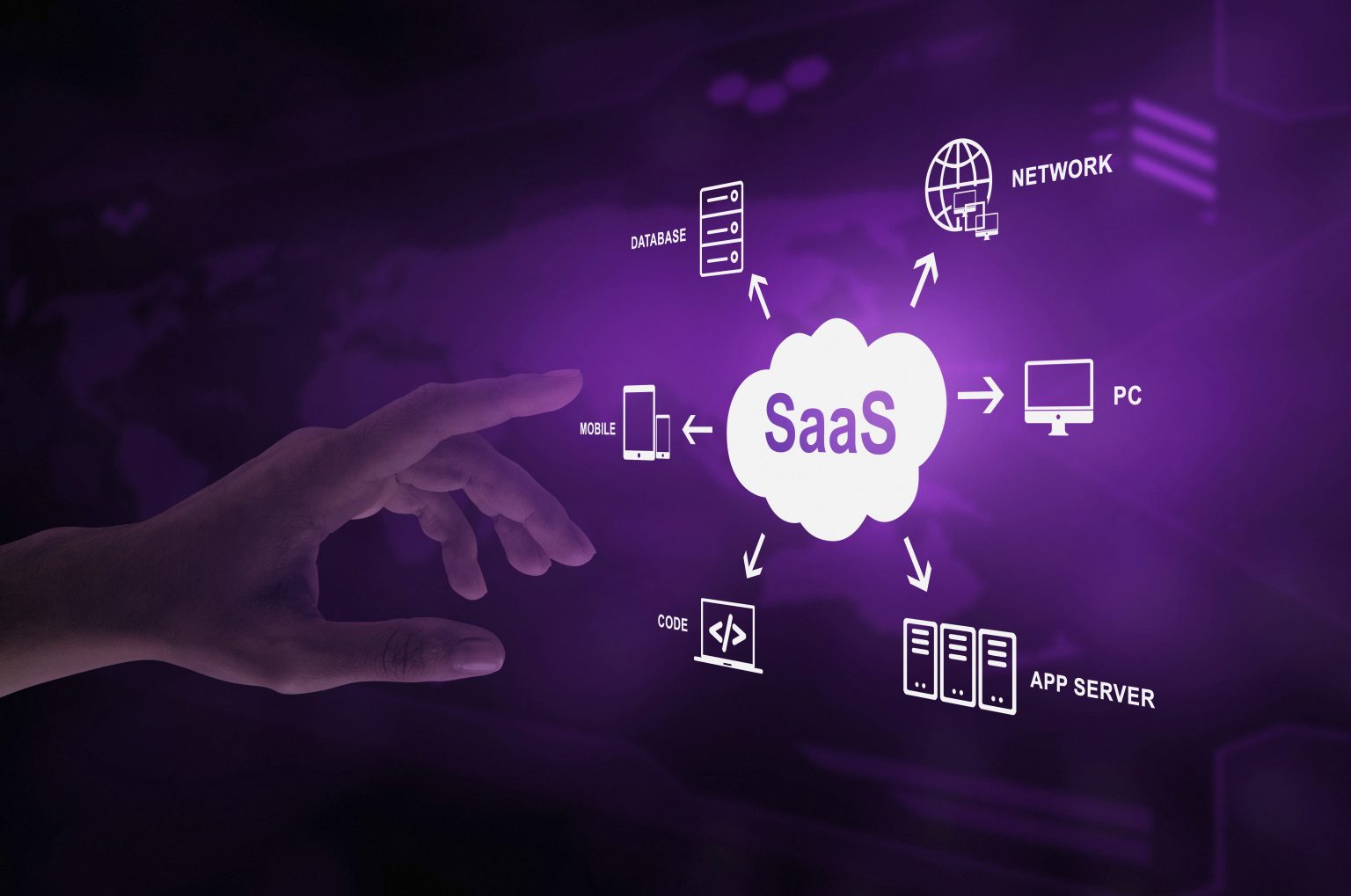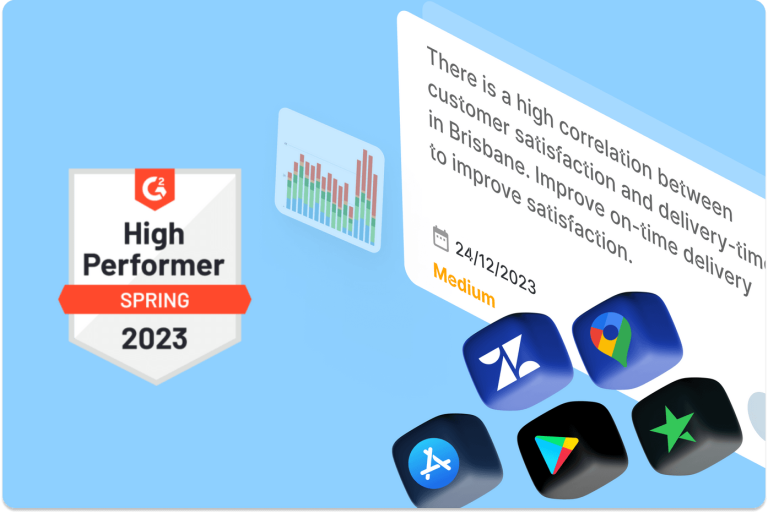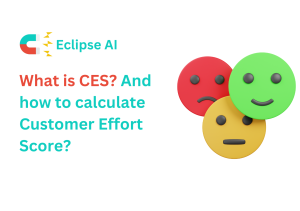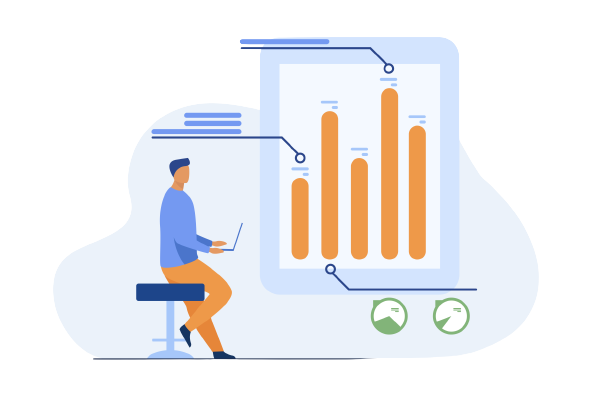
Crafting Customer Experience Transformation Framework
In the fast-evolving landscape of business, the quest for superior customer experiences has become paramount. A robust Customer Experience Transformation Framework is the guiding light for organizations aiming to not just meet but exceed customer expectations. This framework, intricately woven with talent, technology, and operational excellence, forms the backbone of a successful journey toward customer-centricity.







